I am very honest about my admiration for the new generations and the passion they have to change a world that needs changed. I learn so much from them and they remind me how much I have still to learn about anti racism, environmentalism and basically lots of really important things!
Angel Arutura is passionate and outspoken, she is clear and thought provoking and I learn from her every time. I am delighted that she agreed to share some of her thoughts with us!
Who is Angel Arutura?
Angel Arutura is someone who appreciates and embraces her culture and heritage. I take the time to educate myself on important issues that are happening around me, especially the black lives matter movement. Racial equality and climate justice are two things that are very important to me, and so I make sure to align my daily thoughts and actions with those two things in mind
What is the blackout show Podcast?
Northern Ireland, as a society, has never been opened to listening and learning from black voices, it is a podcast where others can come to for educational purposes but also a safe space where ethnic minorities can feel a sense of comfort. Precious, Maria, and I all come from very different backgrounds, and so our different narratives are very important when it comes to discussions about place, identity, and culture. Although we like to have educational conversations, we also like to keep it fun because we want people to understand that we are more than racism and trauma.
You are a passionate speaker about sustainability, anti-racism, and feminism how are they interlinked for you?
Environmentalism needs to be intersectional; I think a lot of people think sustainably, anti-racism, and feminist are three separate issues. Intersectionality was coined in 1989 by Kimberlé Crenshaw, the term describes how multiple forms of injustice such as racism, sexism and environmentalism overlap or ‘intersect’ with each other. Sustainably crosses paths with racism and feminism and It is so important that we don’t think of these issues as separate, and when we connect these social movements it helps to amplify everyone’s voices and create meaningful sustainable change.
What is the biggest impact of what I do and what is the goal?
What is feminism for you?
Feminism is equality and empowerment for ALL women. When I first learned about feminism, I quickly realized how it failed to consider other women and for a while, it seemed that feminist was centred around the ideals and struggles of primarily white women. Now the feminism movement is steering more towards equality for ALL women and I’m happy to be a part of that. Educating people that it’s still important to acknowledge that white women experience certain advantages and protections at the expense of women of colour.
Which “everyday sexism” really bothers you?
The sexism in mainstream media is still something that is a huge issue in today's society. Media heavily impacts young women, and everyday media tells women that their values should lie in beauty over intelligence. These negative images and lack of representation have serious consequences for women’s wellbeing.
Do you remember when you first started identifying as a feminist and why?
Although the word feminist is important, I’m not one to put a label on who I am. I am rather someone who strives to make the world a more equal place for all, especially for BAME women who are disadvantaged in so many different areas in life. When I first heard about how Black women are paying with their lives with the current healthcare inequalities, I realized that the people in power are working only in their own best interests. The majority of people who make informed decisions about BAME women are white men, and that was something that didn’t make sense to me, I suppose it was this realization that caused me to start identifying as a feminist.
Who is my biggest feminist role model?
My biggest feminist role model is Michelle Obama. She has so many admirable leadership qualities and her charisma, compassion, and activism is something very inspirational for me.
What is your favourite feminist quote?
“ I am not free while any woman is unfree, even when her shackles are very different from my own” – Audre Lorde
What is your proud feminist victory?
My proud feminist victory was when I decided to stop conforming to European standards of beauty. I battled with self-love and accepting my culture and heritage for so long, when I finally decided to step out of that place, I began to excel in so many different areas in life.
What is my feminist recommendation?
- BOOK: What a time to be alone – The slum flowers guide to why you are already enough Chidera Eggerue was one of the first people who taught me that self-love is important, and I love how she builds value on body positivity and individualism.
- FILM: The help – It shows perfectly how the beginning waves of feminism were overwhelmingly white and disregarded the struggles of black women during that time, the feminist accomplishments often came from a limited white middle-class P.O.V.
- TV SHOW: The Mindy project - I’m not too sure if this would be considered a feminist tv show. It defiantly has a lot of common rom-com tropes, but it was always nice seeing a successful woman in a male-dominated field (even if it is a tv show), representation matters!
What is your feminist call of action to whoever is reading?
My feminist call to action would be to educate yourself on the intersectionality’s of feminism. Often people focus on the struggles of white women while failing to address the forms of oppression faced by ethnic minority women. We are now in our fourth wave of feminism, we are beginning to move forward from the overrepresentation of the struggles of straight, middle class white women. Your action is to educate yourself on the disadvantages of all women, that extends to Trans women, BAME women and so much more, their struggles need to be recognised and taken into consideration when we talk about feminist.
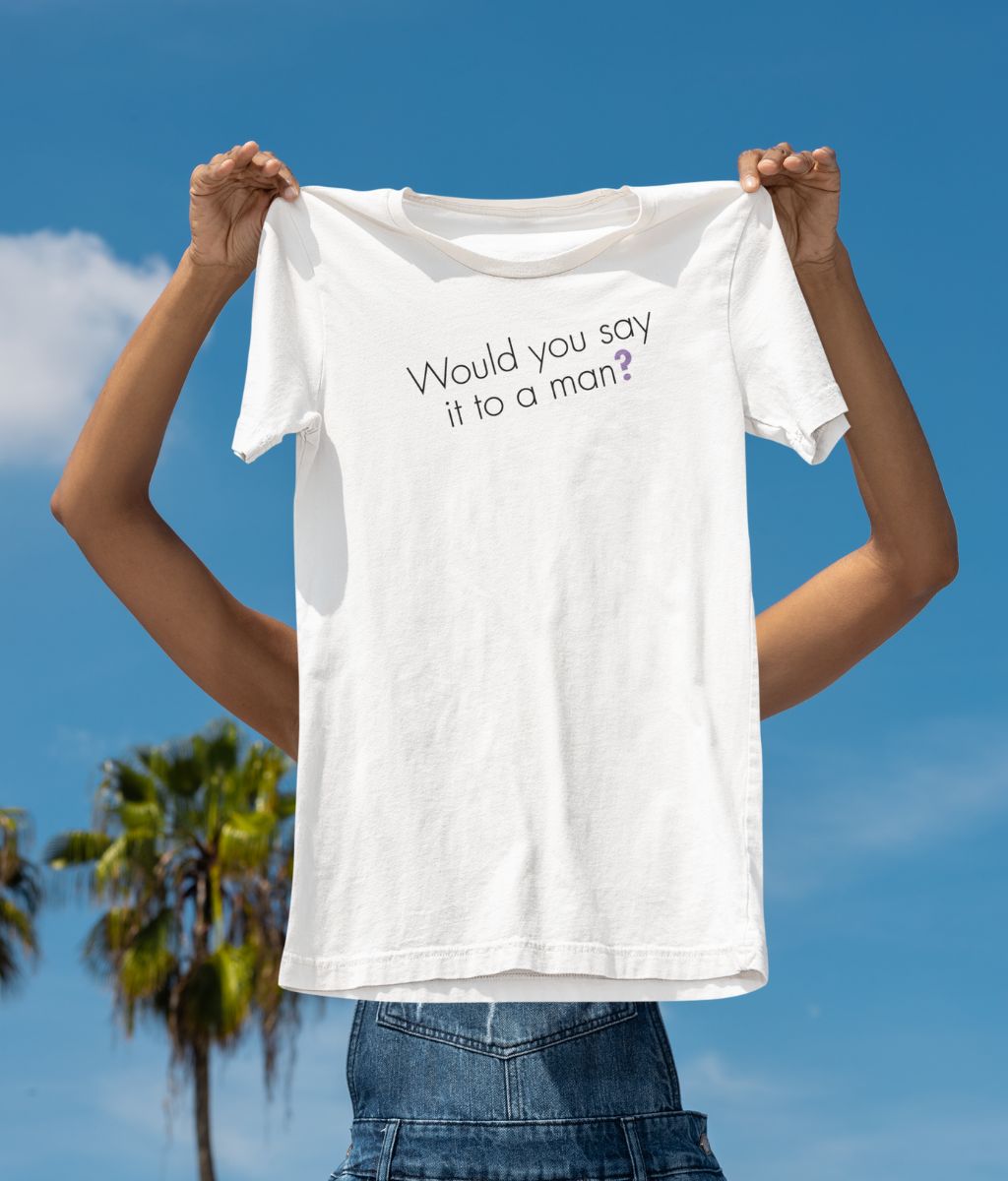
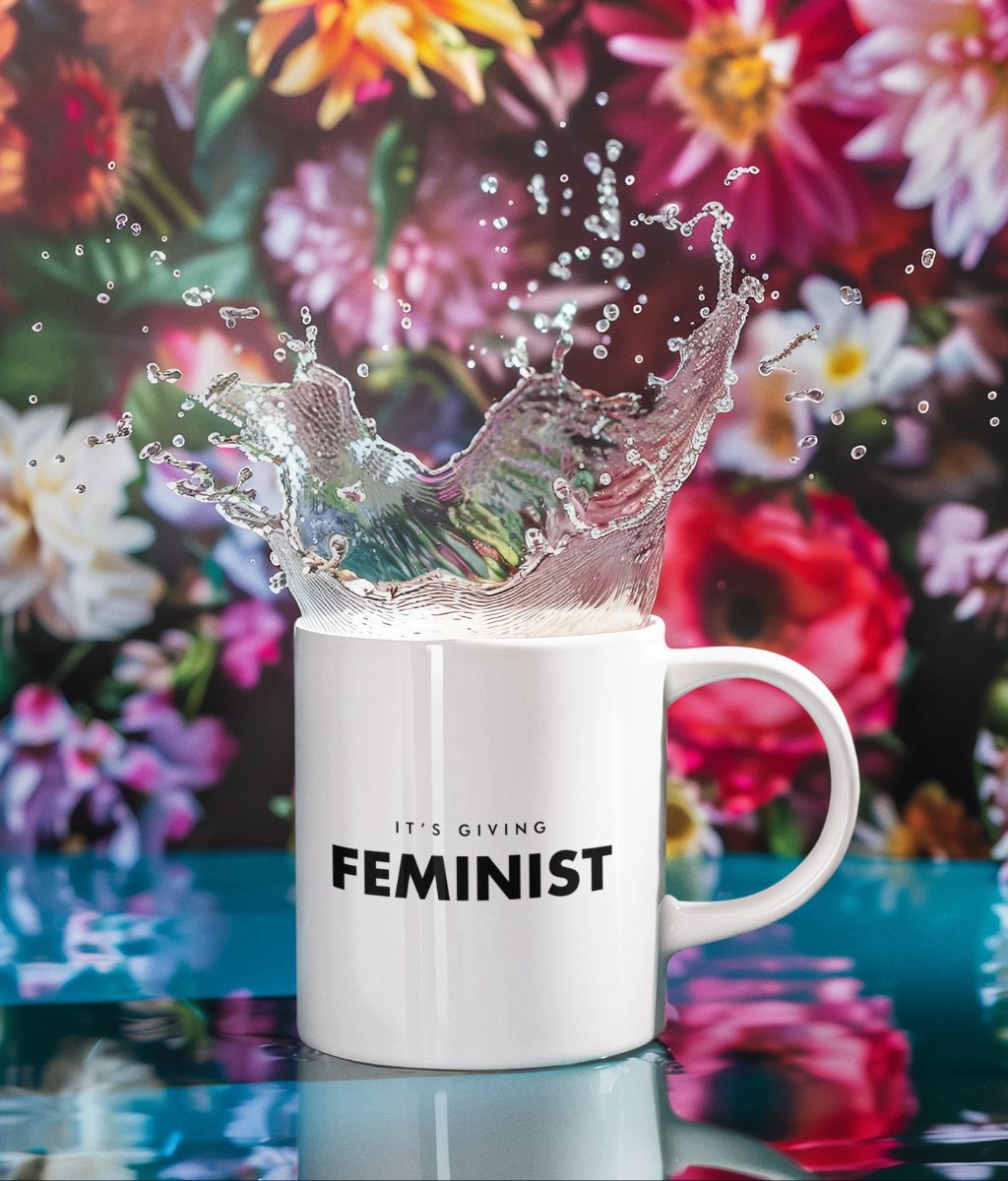
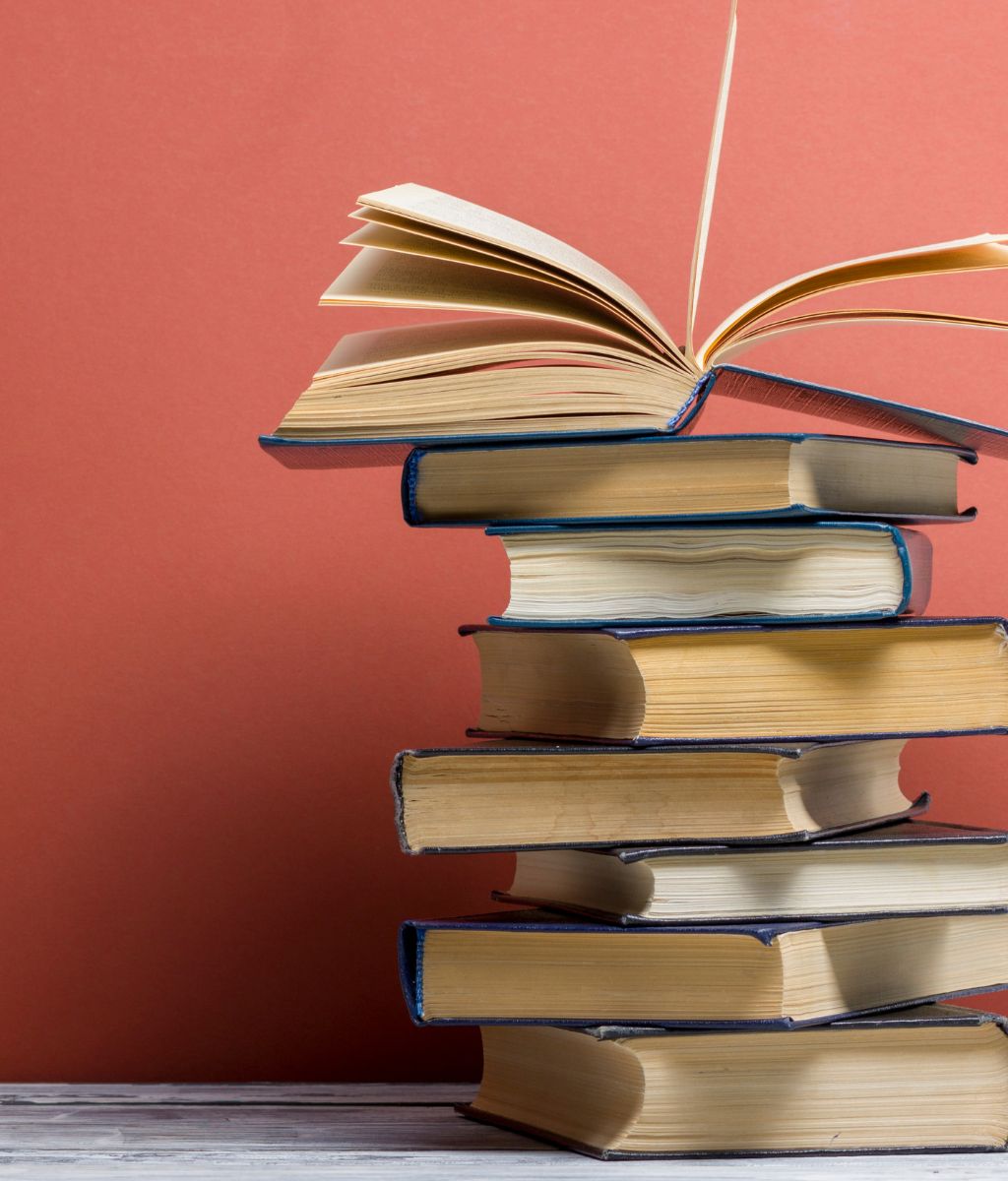
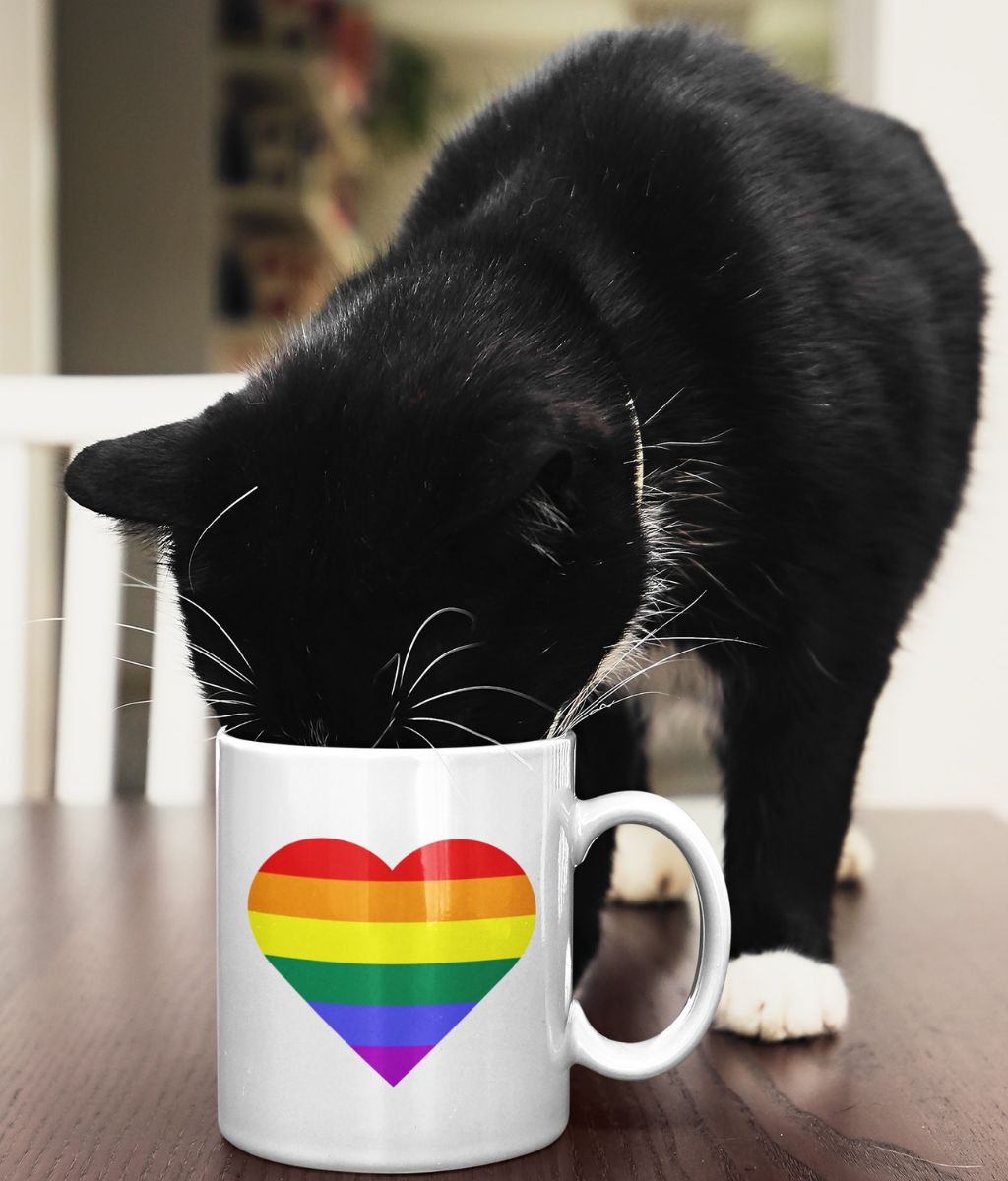
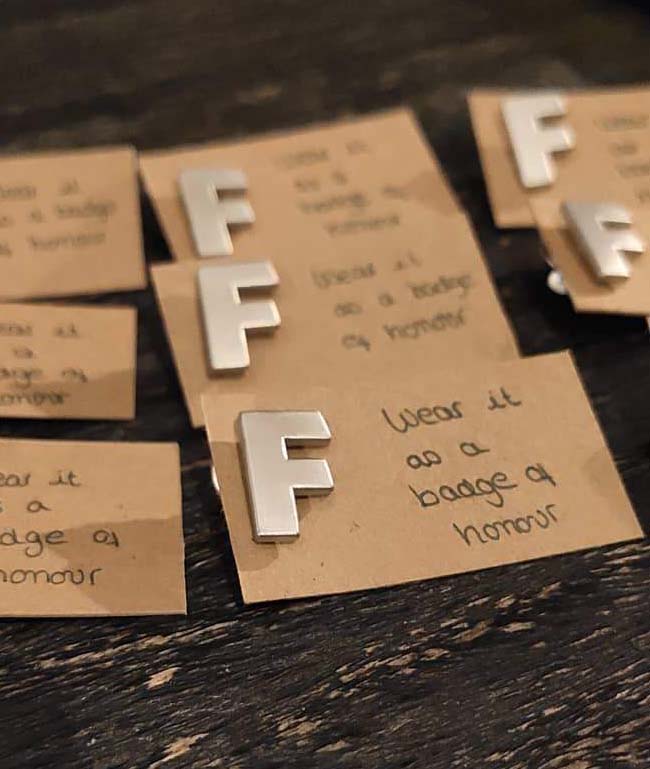
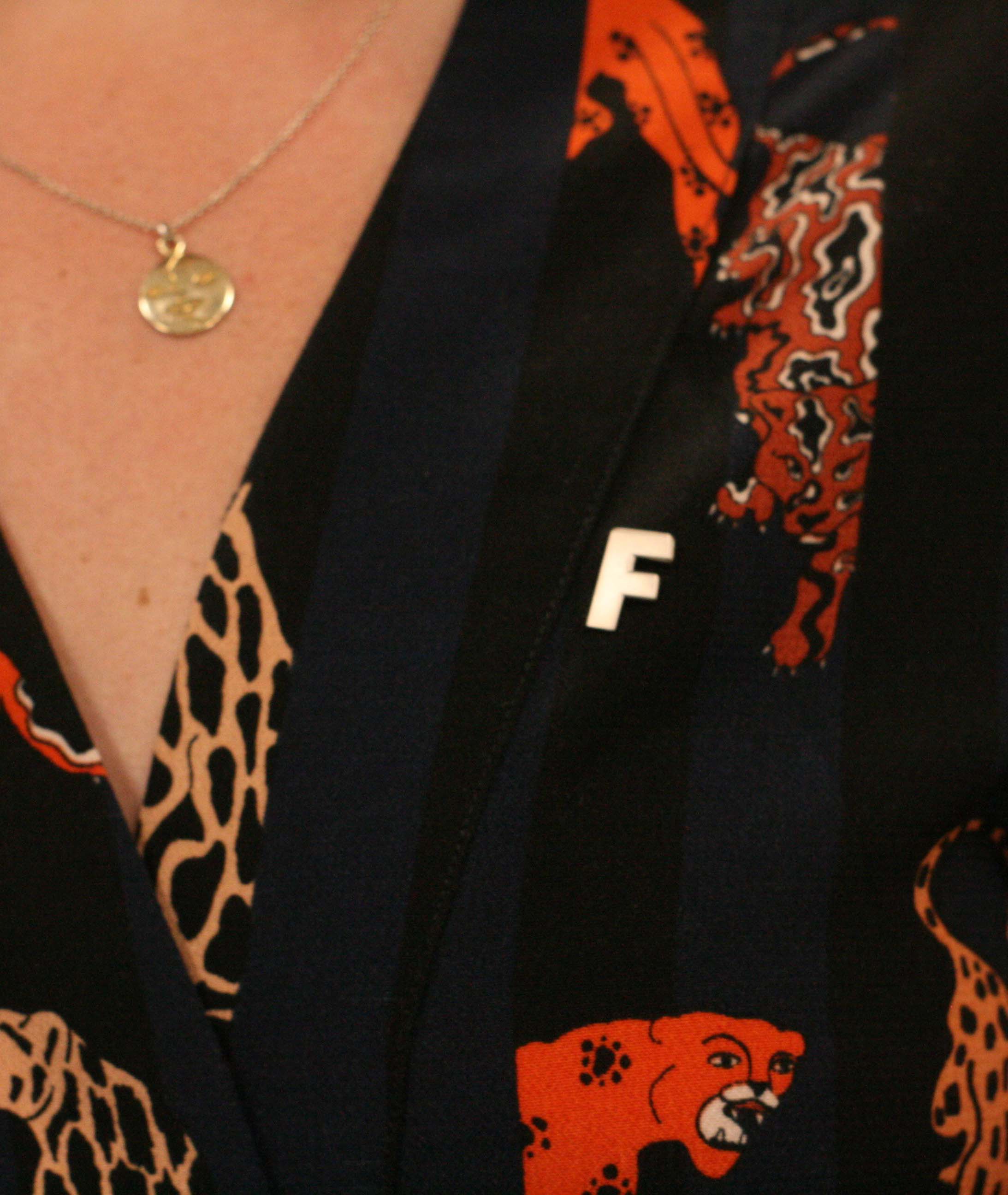
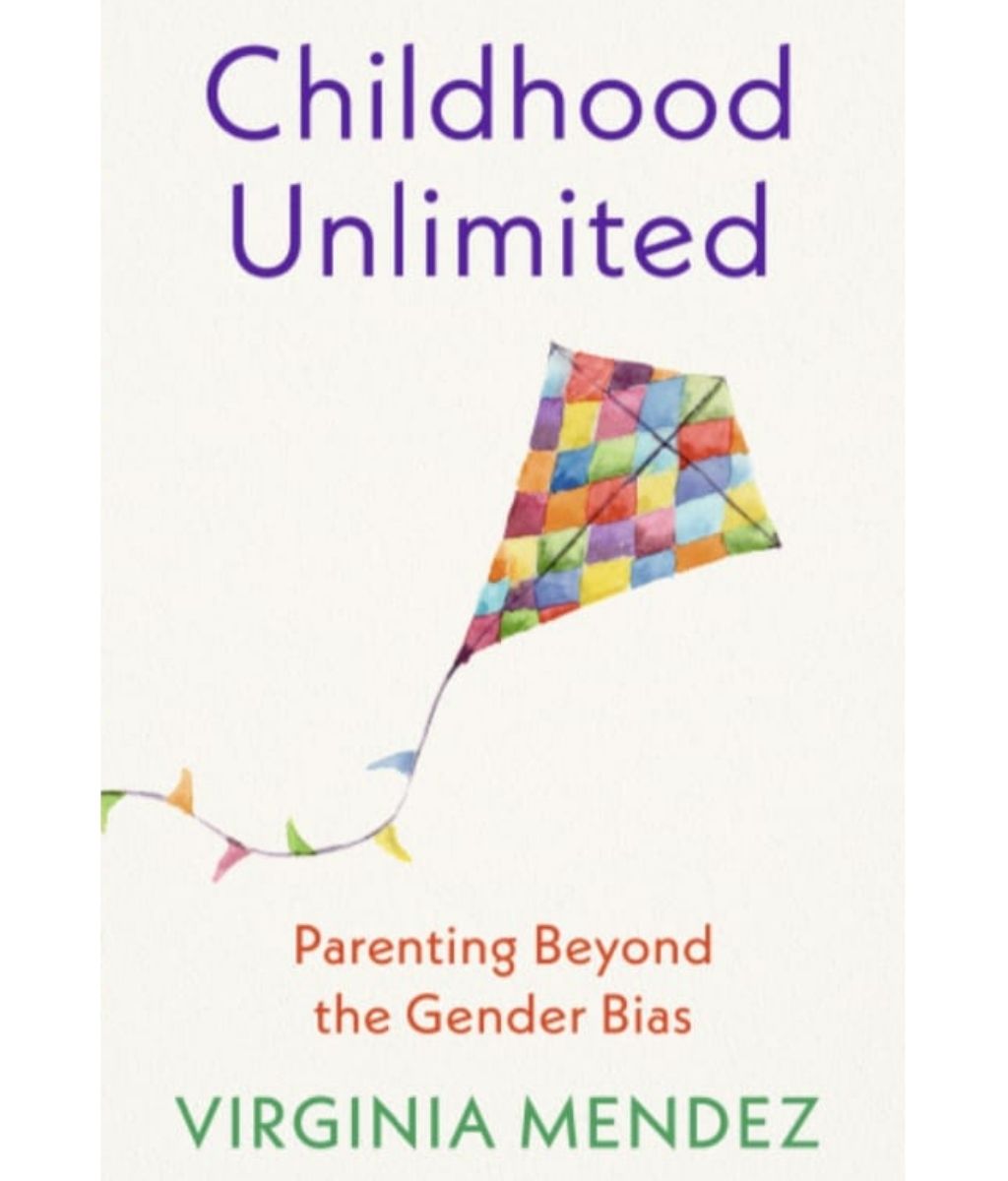
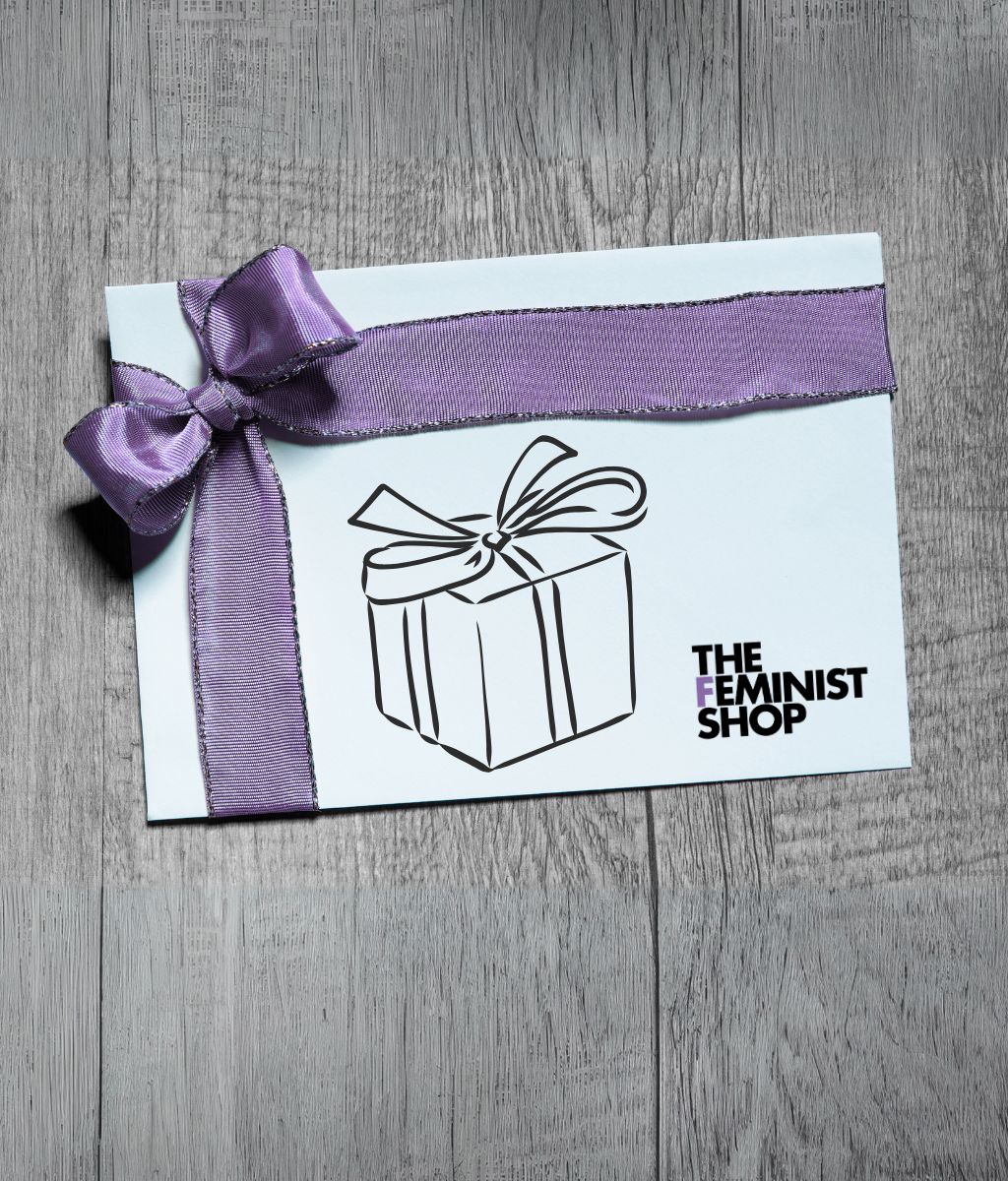
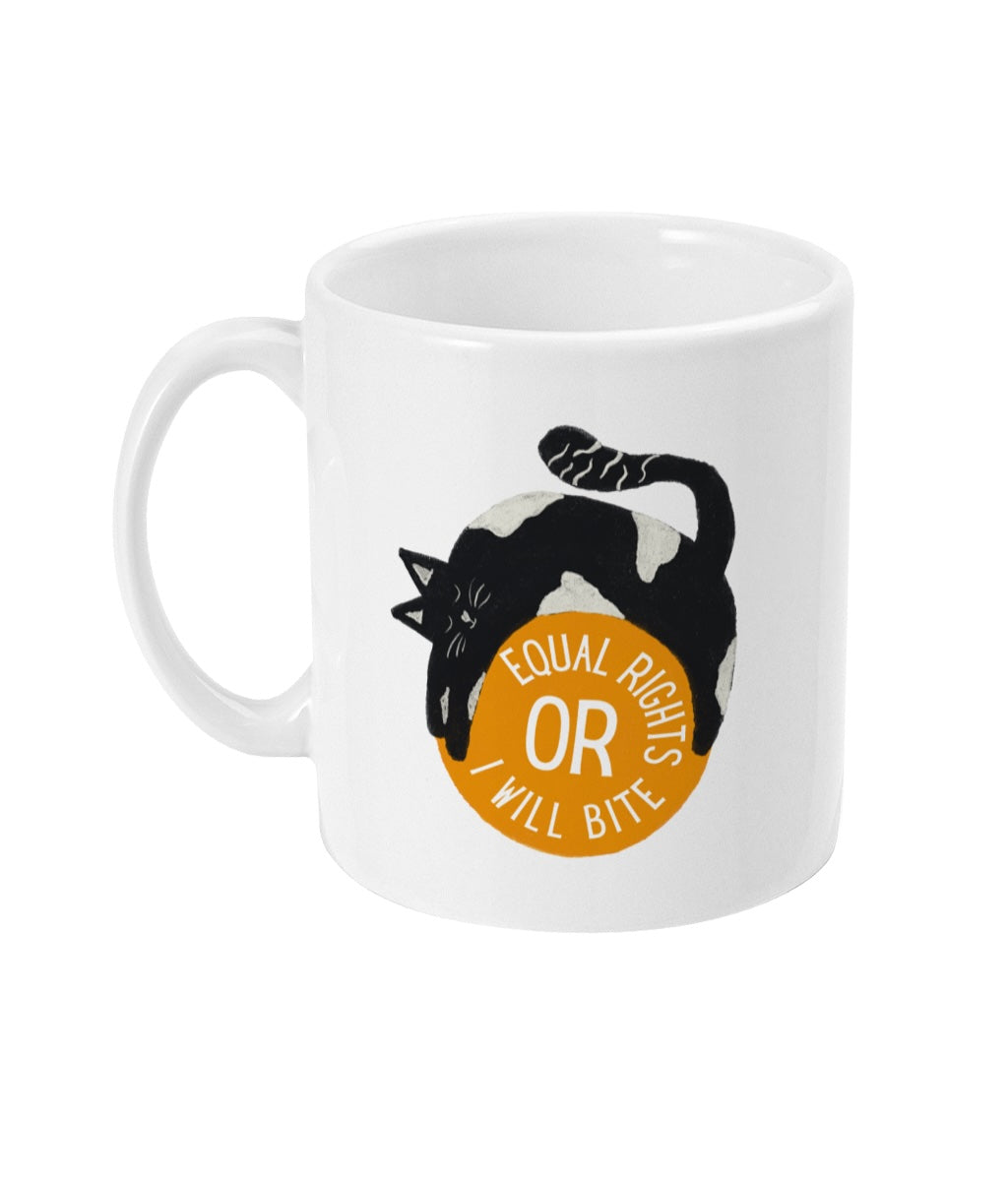
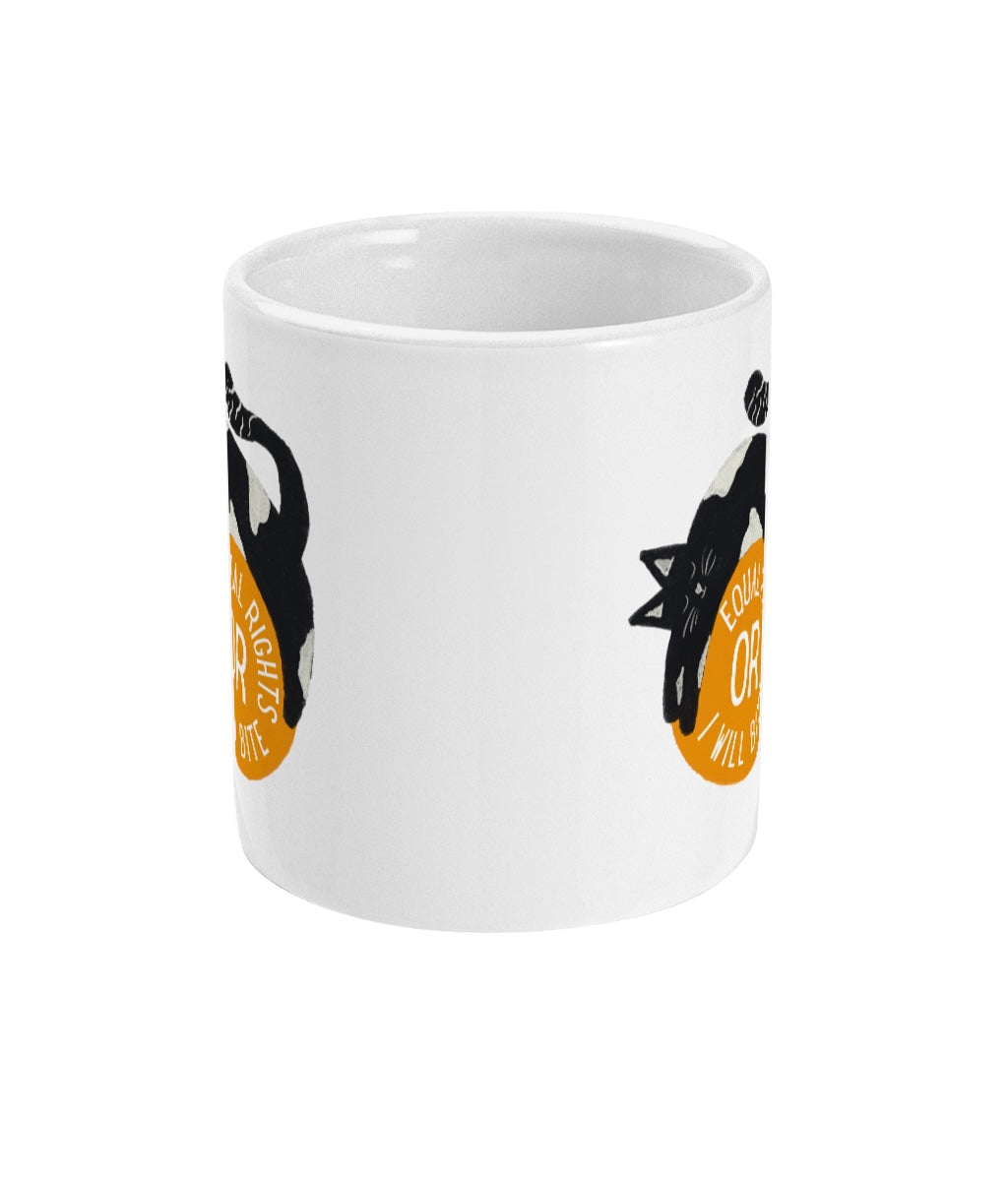
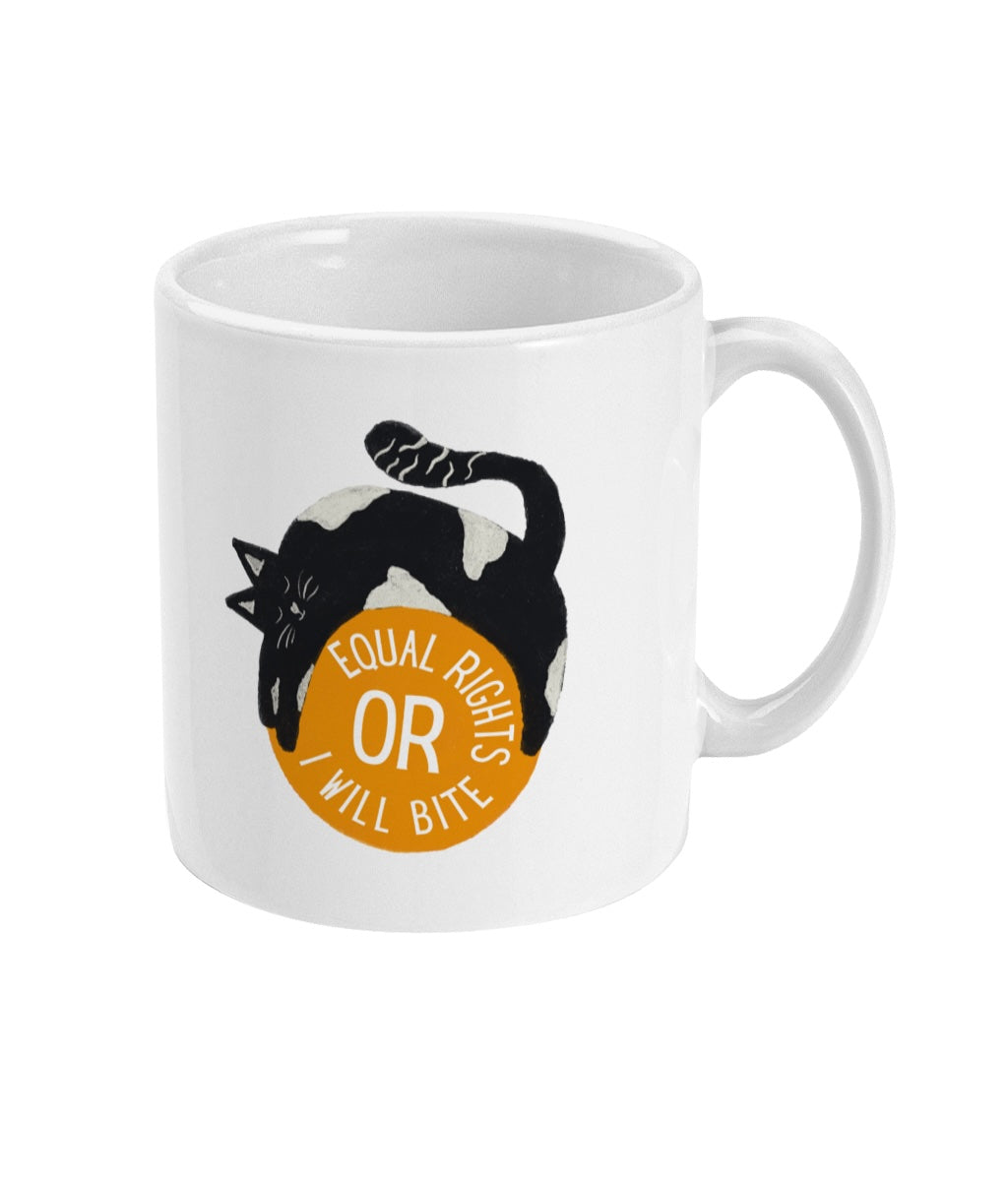
0 comments